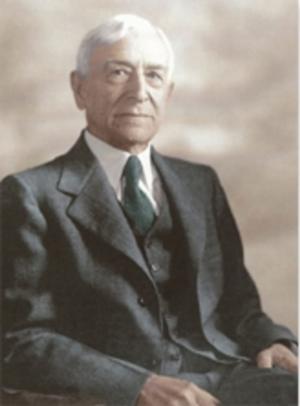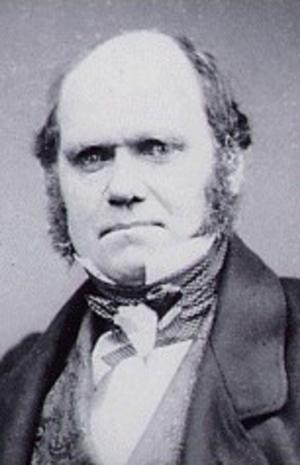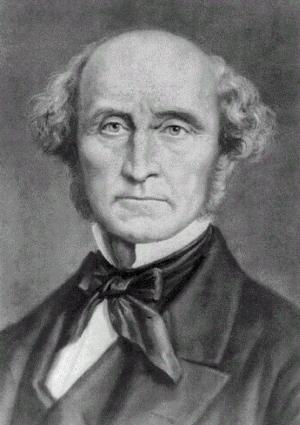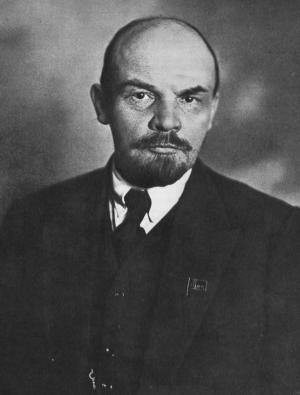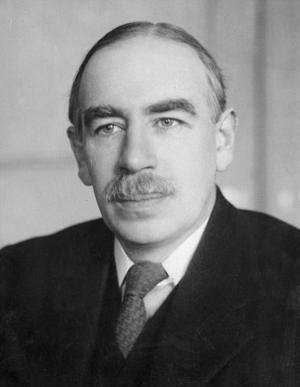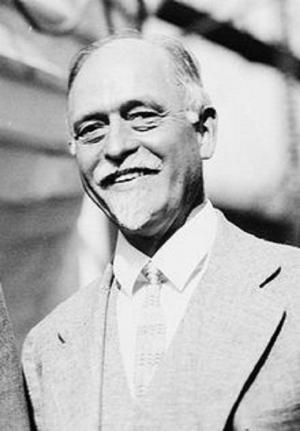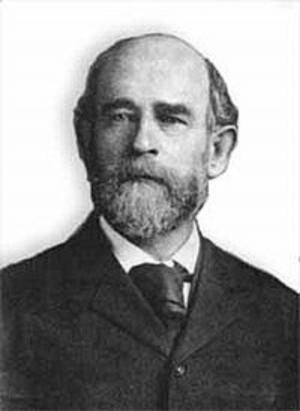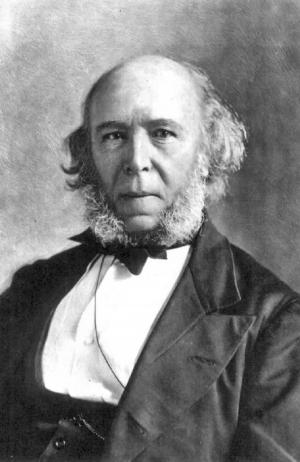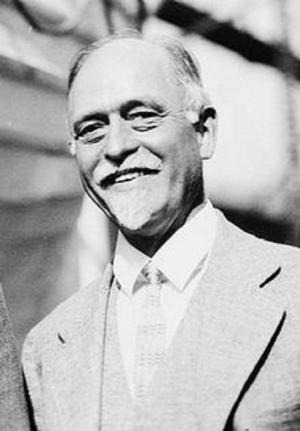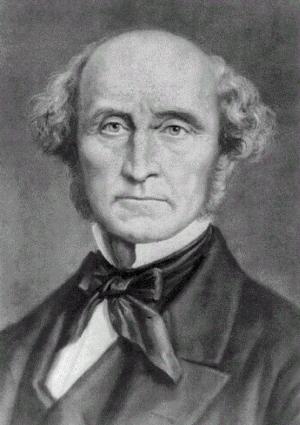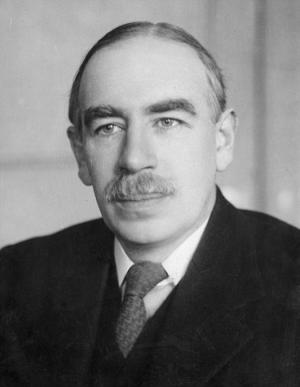John Mill, David Ricardo, and Thomas Malthus on the Corn Laws (Illustrated)
Business & Finance, Economics, Macroeconomics, Theory of Economics| Author: | John Mill | ISBN: | 1230000275144 |
| Publisher: | AS Team | Publication: | October 19, 2014 |
| Imprint: | Language: | English |
| Author: | John Mill |
| ISBN: | 1230000275144 |
| Publisher: | AS Team |
| Publication: | October 19, 2014 |
| Imprint: | |
| Language: | English |
The book has an active table of contents for easy access to each chapter of the following titles:
1. The Corn Laws in 1825 – John Stuart Mill
2. The Corn Laws in 1827 – John Stuart Mill
3. ON PROTECTION TO AGRICULTURE – David Ricardo
4. Observations on the Effects of the Corn Laws – Thomas Malthus
5. The Grounds of an Opinion on the Policy of Restricting the Importation of Foreign Corn – Thomas Malthus
The Corn Laws were passed to protect landowners in the United Kingdom and Ireland against competition from less expensive foreign imports between 1815 and 1846 and imposed steep import duties, making it too expensive for anyone to import grain from other countries.
This sounds a familiar conflict today when trade friction and political dispute are heated by exporting massive cheap low end products to the rest of the world.
Regarding the Corn Law in 1815, John Mill, David Ricardo and Malthus were on opposite sides of the free-trade issue.
John Mill looked into the economic aspect of trade issues caused by the Corn Laws through this essay. He through the essay argued “The farmer, however, is a capitalist, and his gains cannot be permanently greater than those of other capitalists.”
Mill and Ricardo viewed rent as a socially unnecessary payment at the expense of profits and therefore argued vigorously in favor of free trade.
However, Malthus argued that higher corn prices were in the interests of the workers since the workers' purchasing power was closely tied to the price of corn. Malthus took the opposite stand and argued in favor of the Corn Law.
Their works influenced Henry George who completed his great work Protection or Free Trade.
John Mill, David Ricardo, and Thomas Malthus are known as the founders of economics. They made essential contributions to classical economics and have been called the most influential classical economists along with Adam Smith, John Keynes, and Karl Marx.
This is a must-read book for people who are interested in the deepest thoughts about free trade and protectionism by John Mill, David Ricardo, and Thomas Malthus, three of the greatest economic thinkers on the planet.
The book has an active table of contents for easy access to each chapter of the following titles:
1. The Corn Laws in 1825 – John Stuart Mill
2. The Corn Laws in 1827 – John Stuart Mill
3. ON PROTECTION TO AGRICULTURE – David Ricardo
4. Observations on the Effects of the Corn Laws – Thomas Malthus
5. The Grounds of an Opinion on the Policy of Restricting the Importation of Foreign Corn – Thomas Malthus
The Corn Laws were passed to protect landowners in the United Kingdom and Ireland against competition from less expensive foreign imports between 1815 and 1846 and imposed steep import duties, making it too expensive for anyone to import grain from other countries.
This sounds a familiar conflict today when trade friction and political dispute are heated by exporting massive cheap low end products to the rest of the world.
Regarding the Corn Law in 1815, John Mill, David Ricardo and Malthus were on opposite sides of the free-trade issue.
John Mill looked into the economic aspect of trade issues caused by the Corn Laws through this essay. He through the essay argued “The farmer, however, is a capitalist, and his gains cannot be permanently greater than those of other capitalists.”
Mill and Ricardo viewed rent as a socially unnecessary payment at the expense of profits and therefore argued vigorously in favor of free trade.
However, Malthus argued that higher corn prices were in the interests of the workers since the workers' purchasing power was closely tied to the price of corn. Malthus took the opposite stand and argued in favor of the Corn Law.
Their works influenced Henry George who completed his great work Protection or Free Trade.
John Mill, David Ricardo, and Thomas Malthus are known as the founders of economics. They made essential contributions to classical economics and have been called the most influential classical economists along with Adam Smith, John Keynes, and Karl Marx.
This is a must-read book for people who are interested in the deepest thoughts about free trade and protectionism by John Mill, David Ricardo, and Thomas Malthus, three of the greatest economic thinkers on the planet.

